Educating students on social media culture is one of the solutions to build a positive information environment, contributing to protecting the Party's ideological foundation and protecting national security. Photo: thanhnien.vn
The fourth industrial revolution with the strong development of science and technology has opened a new era, promoting the development of digital society and digital economy . However, the ability to connect and unlimited information sources in cyberspace have posed challenges to national security issues, such as cybercrime, cyber terrorism, information warfare, cyber warfare, etc. Therefore, mastering cyberspace is one of the urgent tasks of many countries, including Vietnam.
In response to practical requirements, the 12th Politburo issued Resolution No. 29-NQ/TW, dated July 25, 2018, on the “Strategy for protecting the Fatherland in cyberspace”. The Resolution determined: “Firmly protecting national sovereignty in cyberspace contributes to protecting the independence, sovereignty, unity, territorial integrity of the Fatherland and national interests; maintaining a peaceful and stable environment for national construction and development” (1) . The 13th National Party Congress determined that it is necessary to “strengthen education on patriotism, national pride, national traditions and history, and a sense of social responsibility for all classes of people, especially the youth” (2) ; At the same time, “Strengthen management and development of all types of media and information on the internet. Resolutely fight against and eliminate harmful, distorted, reactionary products and information that negatively affect political and social stability and good customs and traditions” (3) .
Implementing the Party's policies and resolutions, the Party committees in schools have led and directed organizations and unions to propagate, educate and orient youth and students on national security issues in cyberspace. In particular, educating and guiding students on the code of conduct on social media is necessary content, because this is the environment where most students participate, having a great influence on students' awareness, views, lifestyle, behavior and conduct.
“Students are at an age with good cognitive ability, are agile, intelligent and receptive to new knowledge. However, this is a sensitive age, they are easily influenced by external factors, are not mature in their behavior, a part of students still lack life experience, easily perceive and evaluate information on social networks incorrectly (4) . Therefore, it is necessary to provide students with knowledge about standards and rules of conduct on social media, especially the skills to filter and identify bad and toxic information, receive positive information, fight and refute wrong and hostile views. Educating students about behavioral culture on social media helps them know how to behave in a cultured manner, in accordance with standards and rules, and at the same time, form in students a sense of compliance with the law and responsibility to the community.
Educational content on cultural behavior on social media for students
Educate on basic knowledge of social media etiquette
Teaching basic knowledge about social media behavior helps students raise awareness, forming the basis for forming skills, behavioral habits, awareness and responsibility to build a culture of behavior on social media. First of all, each student needs to clearly understand the documents expressing the Party's guidelines and policies, the State's policies and laws on cybersecurity in general, and codes of conduct on cyberspace in particular. Regarding codes of conduct on social media, on June 17, 2021, the Ministry of Information and Communications (now the Ministry of Culture, Sports and Tourism) issued the "Code of conduct on social networks" aiming to build a healthy and safe network environment in Vietnam. This is an important legal basis for each individual and organization participating in social media to behave in a civilized manner.
Teaching basic knowledge about behavioral culture on social media helps students raise awareness, forming the basis for forming skills, behavioral habits and awareness, and responsibility to build behavioral culture on social media_Source: ctsv.ntt.edu.vn
When participating in social media, students also need to have knowledge about the network environment and the functions of social media. It is necessary to understand the basic characteristics to operate and use social media safely, secure personal information, and avoid letting others use personal information for bad purposes. In addition, students need to understand the functions of social media to use it most effectively, promote the benefits that social media brings, and optimally serve the learning, career, and entertainment processes.
Students need to understand the importance of behavioral standards on social media. Standards are considered models and measures for students' behavior, language, gestures, and attitudes, expressed in students' activities on personal pages, friends' pages, and groups. It is necessary to educate students to understand the importance of these standards, proactively seek information about rules and behavioral models, thereby adjusting their own behavior and that of those around them, contributing to building a culture of civilized behavior in cyberspace.
Education on social media etiquette
Skills to search, collect and verify information on social media. It is necessary to discuss, advise and guide students on how to search for information from official, reliable, verified or verifiable sources. In addition, guide students on how to choose information appropriate to their purposes and needs. In particular, students need to have the skills to identify bad, toxic, fake information, and know how to select and process information effectively.
Social media communication skills. Each social media is like a miniature society, so communication skills on social media play a very important role, helping students expand relationships, build a network of learning, career, entertainment, and healthy, civilized entertainment.
Skills to deal with public opinion. Public opinion is a common phenomenon, originating from crowd psychology, expressed in the views, comments, and analysis of a group of people accompanied by positive or negative emotions. This educational content will equip students with a mindset ready to overcome information crises, orienting how to behave civilly in the face of negative public opinion. At the same time, helping students know how to respond positively to contribute to building a culture of behavior on social media.
Education on social media etiquette
Behavioral language is an important expression of each student's awareness, views, and attitudes on social media. Abuse of non-standard language is the cause of conflicts in relationships on social media. Therefore, students need to be educated on the principles of language use, create habits of language control, and form appropriate behavioral attitudes in communication situations on social media. This helps students' communication, sharing, and information exchange to be more effective.
The standard way of expressing language on social media also plays an important role, helping students improve their ability to express themselves, meeting the requirements of the code of conduct on social media. Encourage students to study and improve their culture and language, preserve the purity of Vietnamese, overcome the situation of misspelling, overuse of abbreviations, slang, local languages, borrowing foreign languages, limit obscure expressions, and changes in pronunciation and meaning that cause misunderstandings in communication on social media.
Education on awareness and responsibility for building a culture of behavior on social media
Students need to clearly understand the importance of building a culture of behavior on social media, promptly adjusting their own behavior, and participating with the community in building a culture of behavior on social media according to the provisions of law.
The principles of building a culture of behavior on social media are mandatory requirements that students need to know so that the process of building a culture of behavior on social media takes place smoothly and effectively. In particular, the subject of education needs to thoroughly educate students to implement the principles of information security, equality, respect, listening, and sharing. Thereby, creating a foundation for the process of building a culture of behavior on social media to be feasible.
Students' responsibility in building a culture of behavior on social media expressed through determining the purpose of using social media, personal information security activities, areas of interest, communication objects on social media, and attitudes of support or condemnation towards false and negative information and comments.
Some methods to enhance the effectiveness of cultural education on social media for students
One is education through political activities.
Political activities in colleges and universities contribute to raising students' awareness of the Party's guidelines and policies, the State's policies and laws, and understanding of important political issues and events of the country, localities, organizations and unions. Through this, students' belief in the Party's goals and ideals, in the cause of building and defending the Fatherland is fostered, thereby promoting the initiative, creativity and positive political action of Vietnamese students.
The form and method of political activities for students need to be innovated to suit the psychology of youth, aiming to promote the initiative, independence and creativity of learners, taking learners as the center. The content of activities needs to focus on nurturing, educating, enlightening ideals, revolutionary moral traditions, guiding students to reach the good moral values of the nation.
Second, education through movements and activities of organizations and unions.
Movements and campaigns are typical methods of operation of the youth union and student association in schools, in which the youth union plays a core role. Participating in movements and activities of the union and association, students have the opportunity to learn and practice in practice, especially in behavioral skills and social communication, thereby forming a behavioral culture both in life and on social media. Many forms have been organized effectively, such as: emulation movements to study and follow Ho Chi Minh's ideology, morality and style in schools; the campaign "5 Good Students" (good morality, good study, good physical strength, good volunteering, good integration), "Every day a good news, every week a beautiful story", "Building a positive, friendly and healthy educational environment", "Vietnamese students study and follow Uncle Ho's teachings"...
Third, education through press and media.
Education through press and media is a suitable method for students. Through the press, cultural and behavioral education content on social media is widely disseminated to all students, in many rich and diverse forms, especially in the context of the development of online newspapers as it is today. Many press agencies open columns and radio and television channels for young people and students. This is considered a reputable and effective method of information transmission, helping young people in general and students in particular to exchange and share information, have a comprehensive awareness of the impact of social media and appropriate behavioral skills.
In addition to publications of official press agencies of the Party and State, youth union organizations in colleges and universities can coordinate with press agencies to issue specialized press publications and magazines with appropriate content, contributing to improving the effectiveness of cultural education on social media for students.
Fourth, education through the internet and social media.
It is necessary to promote this educational method because the social network environment is where students regularly and directly participate. Educational information about behavioral culture shared on the internet and social media will be highly popular, directly affecting the awareness and behavior of each student. To increase the flow of official and positive information, union and association officials in the school must regularly post information on community pages with many students participating, interact with students on forums and social media. Party organizations and unions in the school increase exchanges and communication with students through online educational platforms, conferences, seminars, online educational channels, educational podcasts, mobile applications, learning management systems, etc.
In any method, the most important factor is still the initiative and self-awareness of each student in the process of learning, acquiring knowledge, and receiving information from cyberspace. From correct awareness and initiative and self-awareness, students will have a culture of behavior in accordance with standards, contributing to the formation of good personalities of the students themselves, building a beautiful image of the generation of Vietnamese youth who are proactive, creative, brave, intelligent, worthy of being the future owners of the country./.
------------------------------
(1) Resolution No. 29-NQ/TW, dated July 25, 2018, of the Politburo, on "Strategy for Protecting the Fatherland in Cyberspace".
(2) Documents of the 13th National Congress of Delegates, National Political Publishing House Truth, Hanoi, vol. I, p. 143
(3) Documents of the 13th National Congress of Delegates, op. cit., vol. I, p. 146
(4) Hoang Thi Kim Lien, Le Thai Truong Thi: "Measures to manage students' cultural behavior in the face of the impact of social networks (case study of the University of Economics - University of Danang)", Journal of Science and Technology , University of Danang , vol. 20, no. 10-1/2022, pp. 14-19.
Source: https://tapchicongsan.org.vn/web/guest/nghien-cu/-/2018/1088702/nang-cao-hieu-qua-giao-duc-van-hoa-ung-xu-tren-cac-phuong-tien-truyen-thong-xa-hoi-cho-sinh-vien-hien-nay.aspx


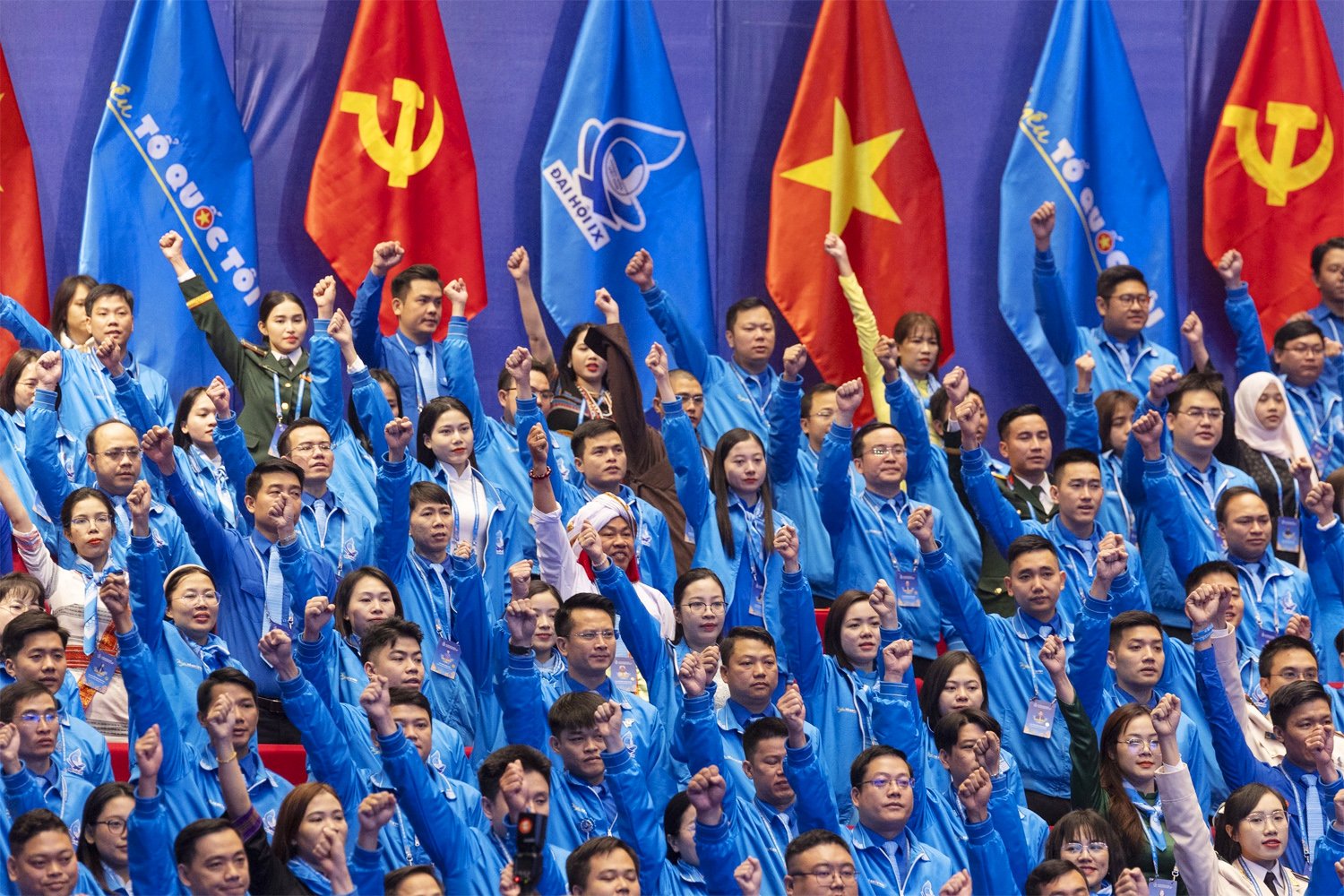
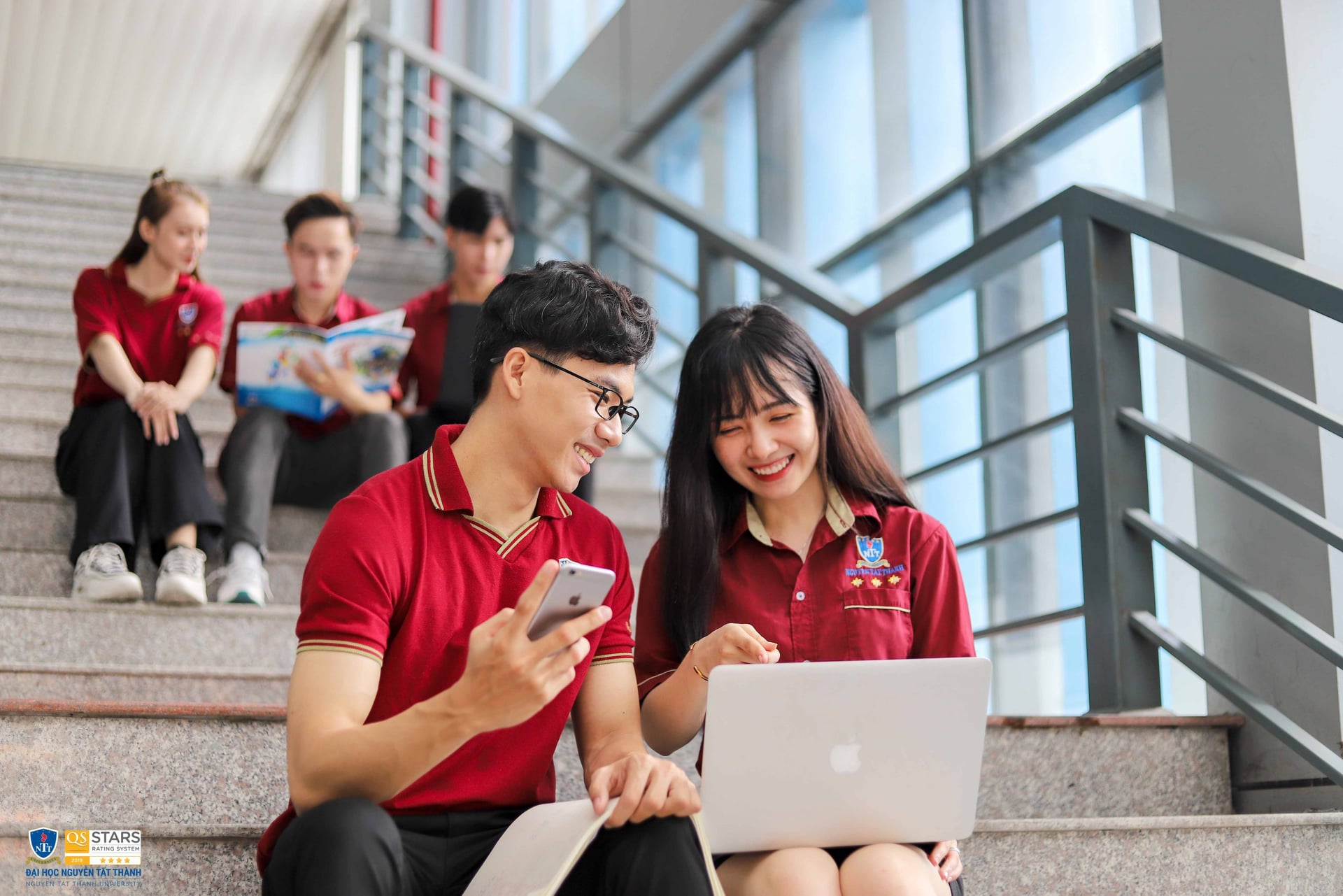
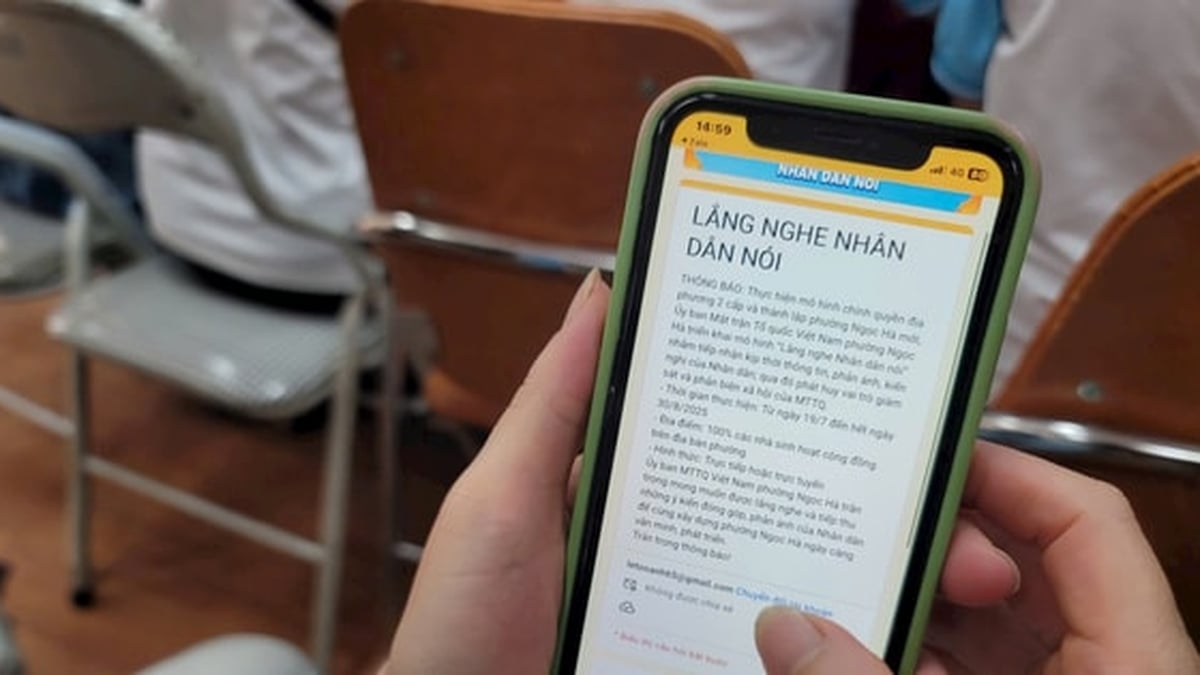

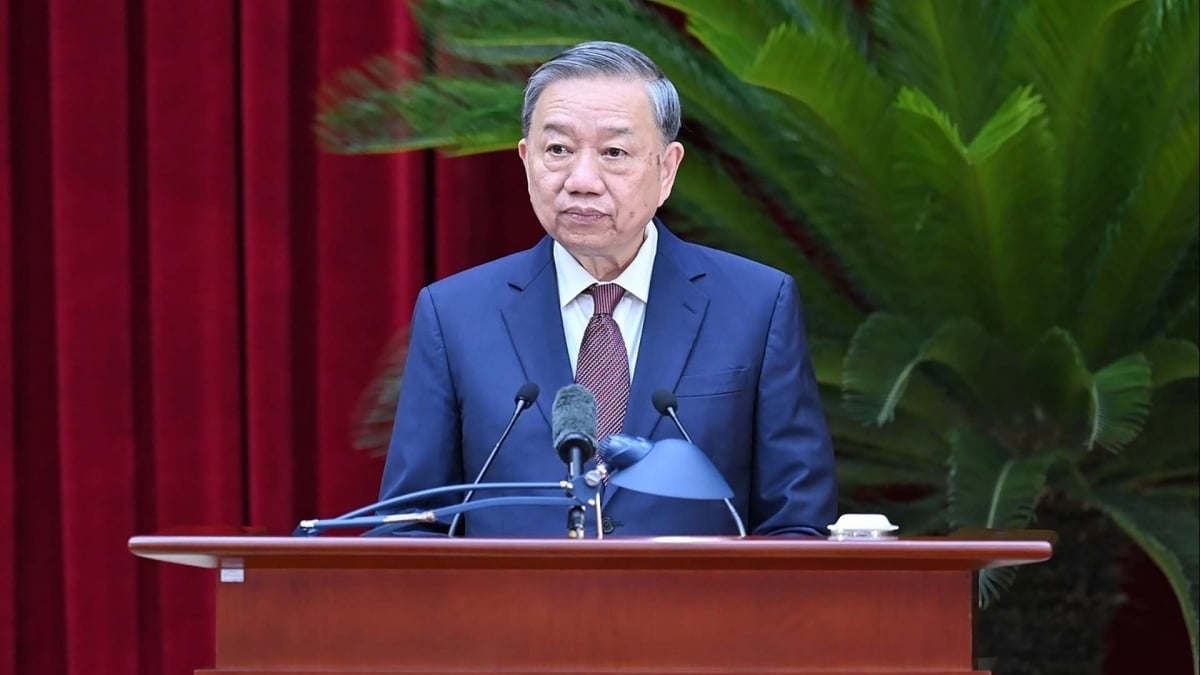

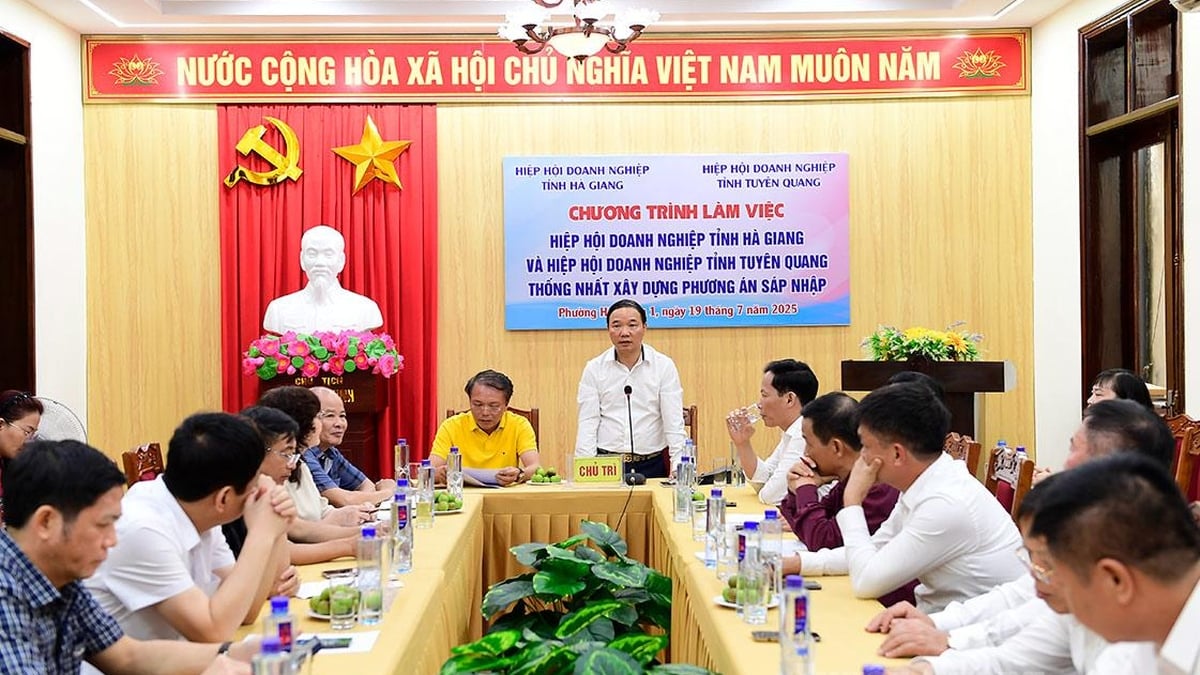




























































































Comment (0)